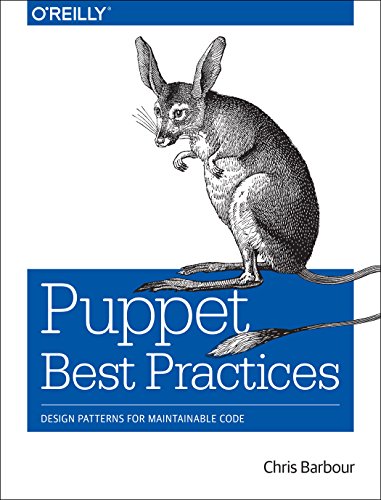

Most ebook files are in PDF format, so you can easily read them using various software such as Foxit Reader or directly on the Google Chrome browser.
Some ebook files are released by publishers in other formats such as .awz, .mobi, .epub, .fb2, etc. You may need to install specific software to read these formats on mobile/PC, such as Calibre.
Please read the tutorial at this link: https://ebookbell.com/faq
We offer FREE conversion to the popular formats you request; however, this may take some time. Therefore, right after payment, please email us, and we will try to provide the service as quickly as possible.
For some exceptional file formats or broken links (if any), please refrain from opening any disputes. Instead, email us first, and we will try to assist within a maximum of 6 hours.
EbookBell Team

4.8
84 reviewsIf you're already up to speed on Puppet and know how to write a basic module, this practical book takes you a critical step further with best practices for building out your Puppet infrastructure. You’ll learn how to avoid pitfalls that often leave many teams struggling to maintain what they already have.
Ideal for DevOps engineers—and written to cover the upcoming Puppet 4 release—this book shows you how best to deploy Puppet with long-term maintenance and future growth in mind. This book clearly picks up where other Puppet resources leave off.